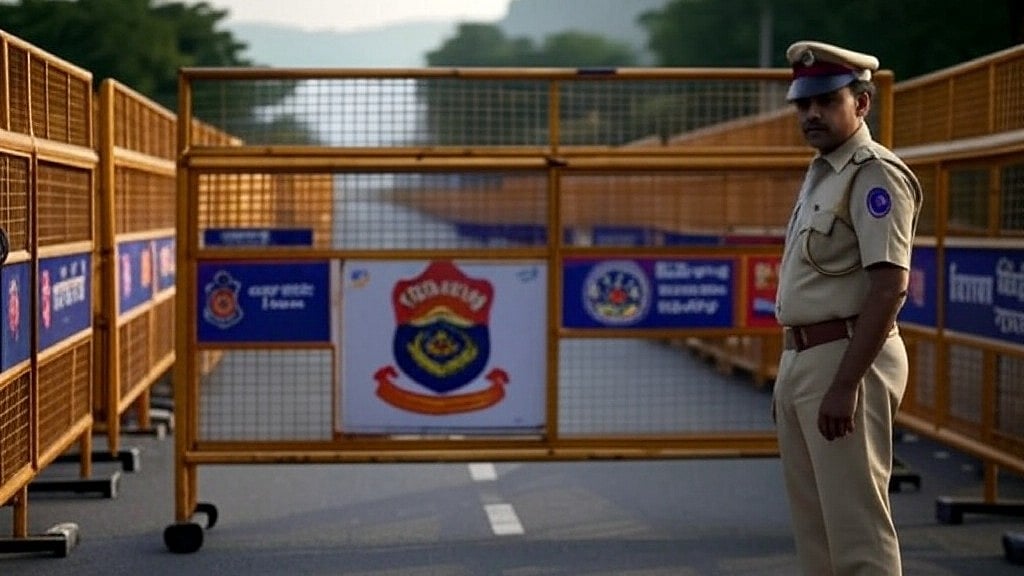The Maharashtra government is set to shut down all 22 Regional Transport Office (RTO) border checkposts across the state. This decision aligns with directives from the central government and stems from the nationwide implementation of the Goods and Services Tax (GST), which has rendered many traditional checkposts obsolete.
Transport Minister Pratap Sarnaik confirmed the move, stating that all necessary administrative work has been completed and a favourable report has been sent to Chief Minister Devendra Fadnavis. Once the Chief Minister grants final approval, the physical dismantling of the checkposts will begin.
Sarnaik stressed that with the GST system now firmly in place and digital tracking technologies improving, the need for manual border checks has drastically declined. The closure of these checkposts is expected to benefit the logistics sector by reducing traffic congestion, improving road safety, curbing corruption and simplifying business operations within Maharashtra.
Checkposts In Place From Over 6 Decades
Originally established in 1966, these checkposts served to monitor vehicular traffic, enforce legal compliance and collect road taxes. However, advances in real-time tracking, electronic tax collection and digital enforcement have rendered these physical structures redundant. Both Union Minister Nitin Gadkari and CM Fadnavis had earlier advocated for phasing out the outdated system.
The transition includes compensating Adani Road Transport Limited, responsible for running the Integrated Check Post (ICP) project, with Rs 505 crore. Following this payment, all checkpost infrastructure and digital systems will be transferred to the Transport Department.
Committee Led By Transport Commissioner Evaluated Consequences Of Checkpost Removal
According to an Indian Express report, a review committee led by Transport Commissioner Vivek Bhimanwar evaluated the consequences of removing these manual checkposts. The committee’s findings suggested that digital alternatives can seamlessly handle goods vehicle inspections while reducing delays, increasing efficiency and minimising the scope for malpractice. Electronic monitoring is also expected to enhance regulatory enforcement.
Once implemented, Maharashtra will join 18 other Indian states that have already modernised their transport regulation systems using technology-driven, paperless frameworks. This marks a major step forward in improving governance and logistics within the state. The final clearance now rests with Chief Minister Fadnavis, whose approval will officially mark the end of the state’s border checkpost era.
